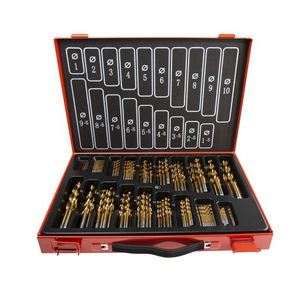
Cored soldering wire 756-8904tin




Add to favorites
Compare this product
Characteristics
- Type
- cored
- Material
- tin
Description
From the trusted RS PRO brand, this resin based solder wire has a 60/40 lead and tin mix. It boasts superior wetting, making it suitable for a wide range of soldering applications.
Features and Benefits
• Resin based 60/40 tin/lead solder wire
• Clear no clean flux residue
• Wets well to all PCB and component finishes
• Ideal for wide range of soldering jobs
• Utilising a synthetically refined resin
• Effective activator package
Applications
Solder is used alongside soldering irons, particularly in securing electrical components to integrated circuit boards. The solder melts easily when heated, and cools quickly, meaning it can be moulded to secure components in place in solder joints. The quick setting nature of solder means it can also be used for light brazing.
Because of its relatively low melting point, solder can be reworked easily by heating it to melting point and using a solder sucker to remove it.
Solder is commonly used with SMD and through-hole components, with applications in repair, prototyping and production.
What are the differences between lead-free solder and leaded solder?
Lead-free solder is generally regarded as having a more positive environmental impact than leaded solder, and also as being safer for human use. However, lead-free solder also has potential production advantages. Lead-free solder can offer better lead spacing, which makes it more suitable for high-density components where pitches are tight. This means potentially better performance where space saving is a concern.
The advantages of lead solder are that it has a lower melting point, which is sometimes preferable for hand working components.
Catalogs
No catalogs are available for this product.
See all of RS PRO‘s catalogsRelated Searches
- Welder
- Single-component glue
- Industrial fume extractor
- Mobile fume extractor
- Plastic tape
- AC welder
- Cored wire welder
- Cyanoacrylate glue
- Transparent glue
- Soldering wire
- Soldering fume extractor
- Spot welding welder
- Soldering station
- Tape for the automotive industry
- Conductive tape
- PVC tape
- PTFE tape
- Sturdy adhesive
- Copper soldering wire
- Foam tape
*Prices are pre-tax. They exclude delivery charges and customs duties and do not include additional charges for installation or activation options. Prices are indicative only and may vary by country, with changes to the cost of raw materials and exchange rates.










